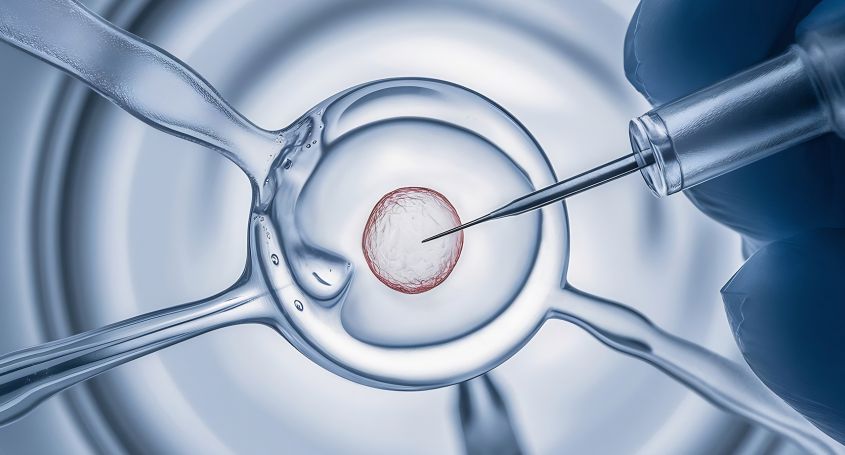Egg or sperm donation is a generous and voluntary act that gives donors the personal satisfaction of helping many couples with fertility problems. Donating eggs or sperm is an altruistic act, but it is financially compensated for the inconvenience and time invested, as provided for in the Spanish Law on Assisted Reproduction .
In order to become a donor, it is necessary to undergo a series of exhaustive tests to check that your state of health is ideal. If you are interested and would like to know more about the process and the requirements for donating, we explain it in more detail in this post.
How to donate eggs?
In order to be an egg donor, you must be between 18 and 35 years old and not have any sexually transmitted or genetic disease. Normally, the donation treatment lasts approximately one month and involves four steps:
Personal interview
The first step is an initial interview, in which the medical history is reviewed in order to rule out genetic or congenital and hereditary diseases. The donor's weight, height and blood pressure are also checked to ensure that they are within normal standards. In this interview, all the necessary information about the donation process is also provided.
Review
Once all the information has been received and after the personal interview has been completed, a complete medical check-up is carried out free of charge to assess the donor's state of health. The medical tests include:
- A general blood test, liver function, renal function and coagulation.
- Serological study to rule out sexually transmitted diseases.
- Cytology to rule out sexually transmitted diseases.
- Gynaecological ultrasound to rule out pathology of the uterus and ovaries.
- Genetic test that includes the study of more than 300 genetic diseases that allows us to rule out that donors are carriers of diseases such as cystic fibrosis, fragile X or spinal atrophy.
- Personal interview with expert psychologists.
Ovarian stimulation
If all tests are successful, the next step is to undergo hormone treatment. This process lasts 10 to 12 days and consists of preparing your ovaries for the day of the egg retrieval, which will take place at the clinic.
Ovarian puncture
In the last step, the eggs are extracted with a simple procedure called follicular puncture. It is a simple, safe and painless process that takes about 20 minutes and is performed under sedation so that you do not feel any discomfort. A few hours after the puncture, you can go on with your normal life, following some minimal instructions from the medical team.
Sperm donation, how is it done?
As with egg donation , in order to be able to donate sperm, it is necessary to pass a series of tests and be between 18 and 35 years old.
The requirements to donate sperm include a study of personal and family history, a psychological evaluation, an andrological evaluation and a blood test to rule out possible infectious diseases and the necessary genetic analyses. In addition, it is not enough to have a normal semen analysis; the semen sample must have a good recovery capacity and good survival after thawing.
Once these requirements have been met, the candidate can now donate and may visit the clinic up to once a week for a period of 6 months. To avoid inconveniences, visits can be adapted to the donor's schedule and routines. It is not necessary to undergo any medical treatment and the only condition to be fulfilled is sexual abstinence during the days prior to the test.
At Barcelona IVF we have a team of great professionals who will advise you and inform you of the steps to follow during the donation process. Likewise, the donation is an anonymous act, as stated in the current law, which is why we guarantee the fulfilment of this confidentiality.















